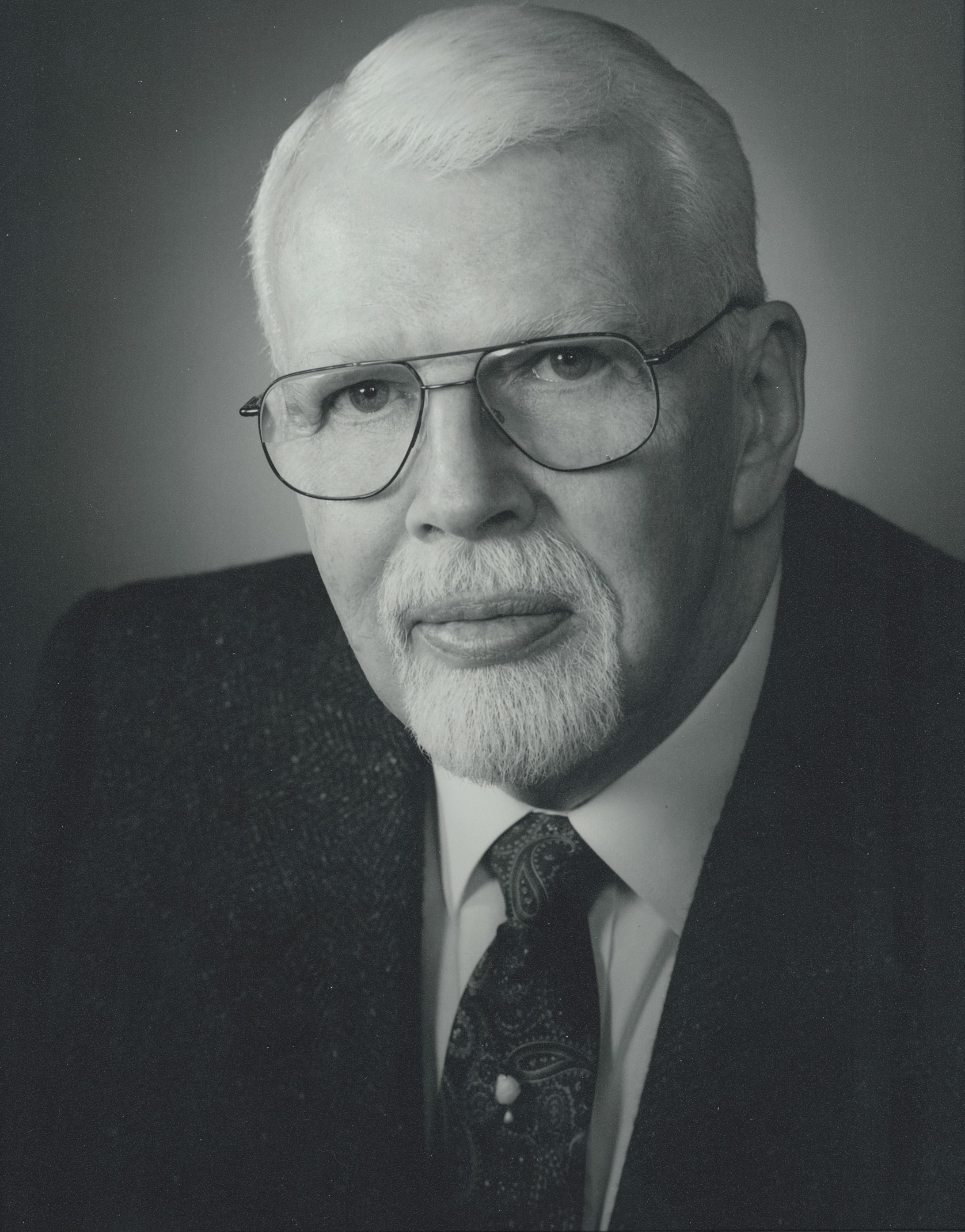Trent Receives Largest Donation Dedicated to Indigenous Graduate Student Scholarship
Bill Reid’s $1 million estate gift will provide significant opportunities for Indigenous students.
 Although Dominique O’Bonsawin is Abenaki, whose ancestors come from a First Nation in Québec, the Trent University student says she grew up distanced from her Indigenous language, culture and history.
Although Dominique O’Bonsawin is Abenaki, whose ancestors come from a First Nation in Québec, the Trent University student says she grew up distanced from her Indigenous language, culture and history.
Ms. O’Bonsawin grew up with a primarily French-Canadian identity in Sudbury where she says her ancestors fled to generations ago, likely to avoid their sons being forced into the Canadian military. At age 19, she started reconnecting with her Abenaki roots, including trying to learn the language. Over the years became passionate about Indigenous languages and culture revitalization.
Now pursuing an M.A. in Canadian Studies and Indigenous Studies at Trent University, she says she’s grateful to have received the William B. Reid Graduate Scholarship. The scholarship was created after Bill Reid gifted, through his will, more than $1 million to Trent to support Indigenous graduate students. The largest of its kind at the University, it helps to provide Trent graduate students of Indigenous heritage with studies and research opportunities. This includes research expenses in Canada or abroad, hands-on training opportunities related to the thesis or major research project, and opportunities to engage with specialists in the field, like attending international conferences.
Trent University is renowned as a leader in the study of Indigenous Peoples, where Indigenous knowledge is respected and recognized as a valid means by which to understand the world. Trent has deep roots in this field, dating back 50 years to its beginnings. Sherry Booth, associate vice president of Philanthropy and Alumni Engagement at Trent, says the process of reconciliation is ongoing, and Mr. Reid’s generous gift is a shining example of how one person can make a lasting impact.
“After the recent inaugural Truth and Reconciliation Day, more and more Canadians are asking themselves how they can best support Indigenous Peoples,” Ms. Booth says. “Bill was a passionate individual who listened to Indigenous people’s stories, wanted to make a difference, and created a fund that encourages many young Indigenous students in their pursuit of higher education so that they, in turn, can better support their communities.”
Mr. Reid became involved in Indigenous issues through reading, personal friendships with Indigenous people, and a hobby of collecting and restoring Indigenous beadwork, says his long-time partner, Bob Seabourn. Before his death in 2019, Mr. Reid donated nearly 400 pieces of beadwork to the Art Gallery of Guelph. He had also been a long-time friend of Trent and made several gifts over the years. His legacy now lives on in bright young Indigenous students such as Ms. O’Bonsawin, who says the financial support is “incredibly helpful.”
“It helps me connect with my Indigenous community through my education and produce academic work that is useful, innovative, and beneficial,” she says. She adds that her master’s degree is only the beginning of her work into Indigenous language revitalization. “I am hopeful that my drive to learn and conduct community-based research will lead me to a PhD program,” Ms. O’Bonsawin says.
Learn more about the Chanie Wenjack School for Indigenous Studies, First People’s House of Learning and Trent’s Indigenous Studies Ph.D. program.